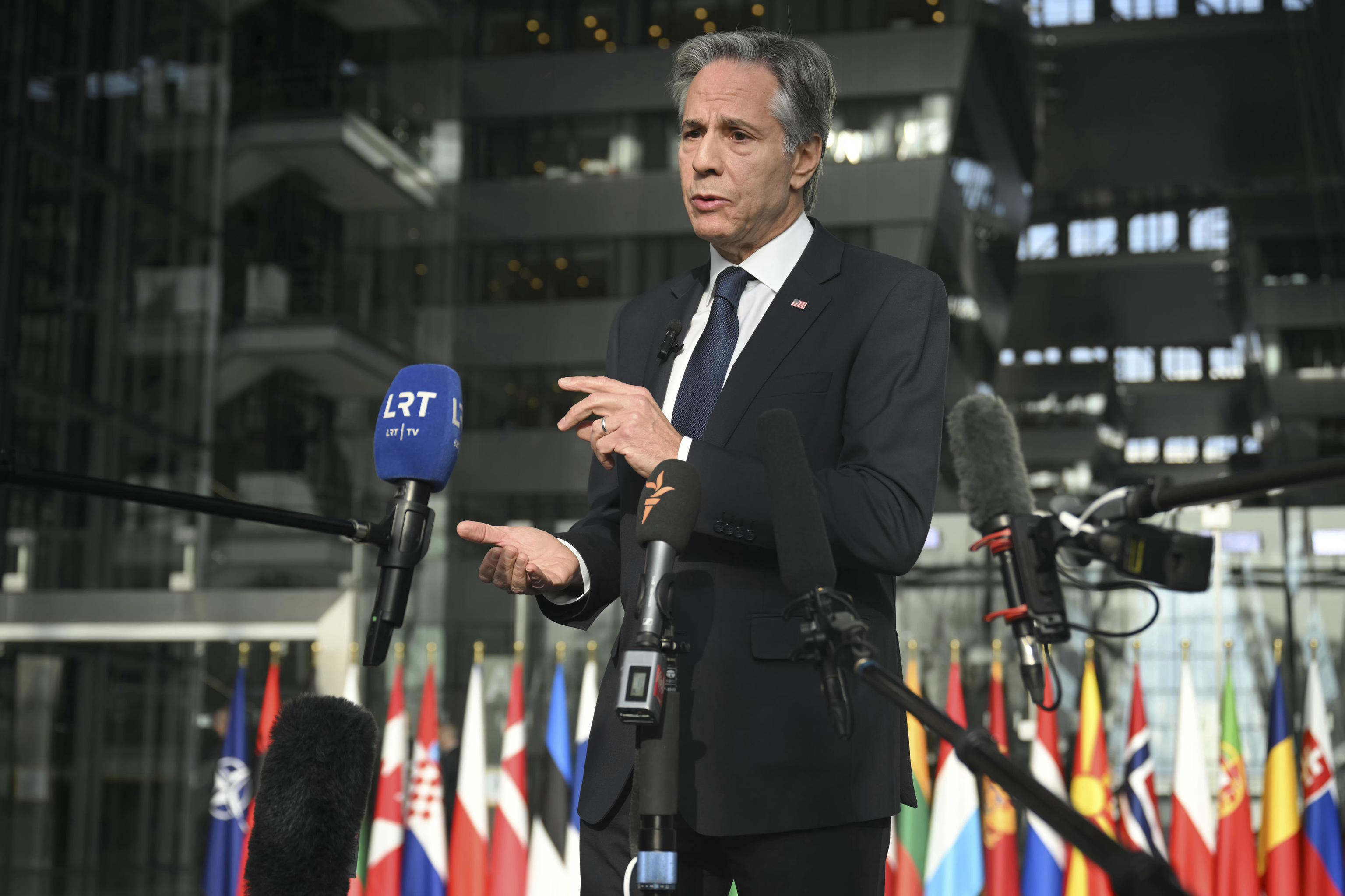United States Secretary of State, Antony Blinken, promised on Wednesday in Brussels to increase support for Ukraine and expressed deep concern about North Korea's entry into the war. "This new element, North Korean troops introduced almost in combat, demands and will receive a firm response," he stated after meeting with NATO Secretary General, Mark Rutte.
Blinken's statement comes after Donald Trump won the elections in the United States and just over two months before he is inaugurated, a moment when the American policy will change completely. And, of course, so will its international alliances, with fears of an approach to Russia and an attempt to undermine the North Atlantic Treaty Organization.
Therefore, the commitment of the current U.S. Secretary of State has a limited scope. Nevertheless, Blinken emphasized that the Biden Administration is firmly committed to continuing its support for Ukraine so that it "can effectively defend itself against Russian aggression." He issued a warning in line with what Rutte himself has stated on several occasions: that the conflict in Ukraine has become "global."
"We increasingly see the indivisibility of security among and within these different theaters: the Euro-Atlantic theater, the Indo-Pacific theater, and the Middle East," he pointed out, adding later that "everything is increasingly interconnected, and what is happening in Ukraine has a global impact."
Rutte, on his part, highlighted the growing connection that more and more countries have with the conflict in Ukraine. This was something he mentioned last week in Budapest, before his participation in the European Political Community meeting, when he pointed out that North Korea's entry affects South Korea and Japan, but also the United States and Canada. He also mentioned that Iraq is present in both the conflict in Ukraine and the Middle East, and that the implications of China are increasingly significant. Ukrainian President Volodymyr Zelensky referred to this almost a month ago as something approaching a world war.
And, of course, he referred to Russia and Vladimir Putin, the main responsible for this complex situation. "Obviously, we have to do more to ensure that Ukraine can stay in the fight and is able to push back the Russian attack as much as possible and prevent Putin from succeeding in Ukraine."
Rutte also emphasized the need for increased investment in Defense in this context. The 2% of Gross Domestic Product (GDP) that Trump precisely promoted is no longer the goal but the minimum threshold. The next U.S. president will demand more efforts, and Rutte has already started to gain his favor, or at least to try.
There is already talk of investment figures of 3%, which in the case of Spain would require a very high investment since it is the NATO member country that allocates the least to this area: barely 1.2% of GDP. Despite the promises, it seems challenging to significantly increase them given the political weakness of the government and the reluctance to increase Defense spending.
